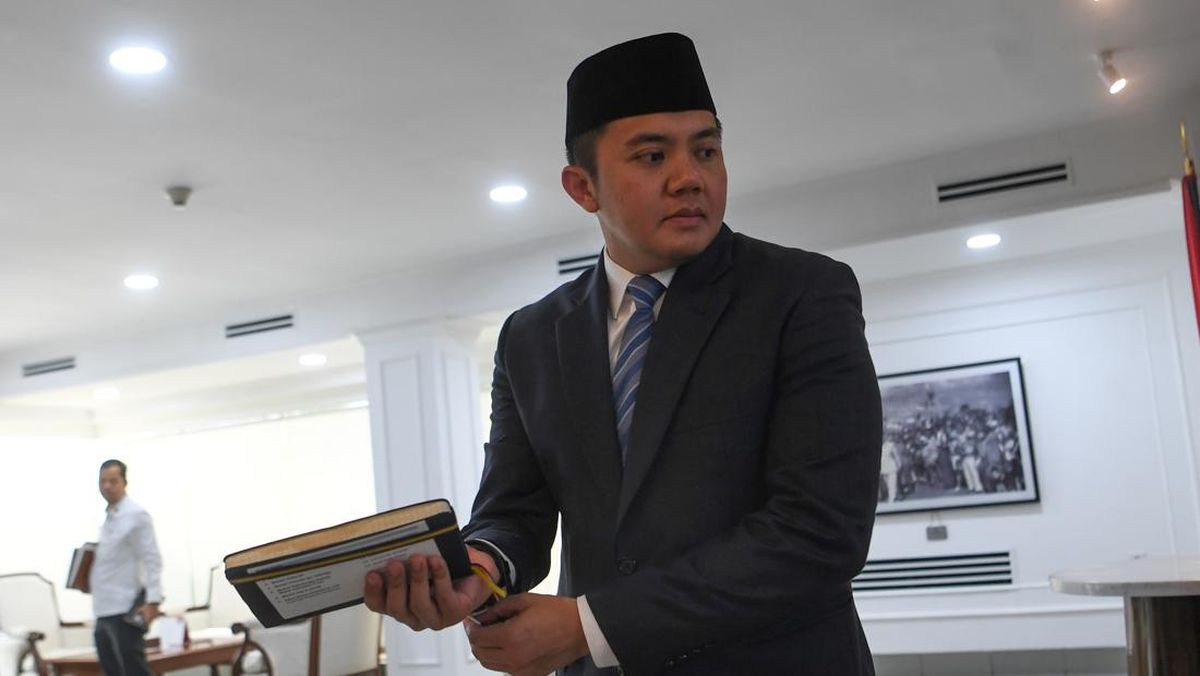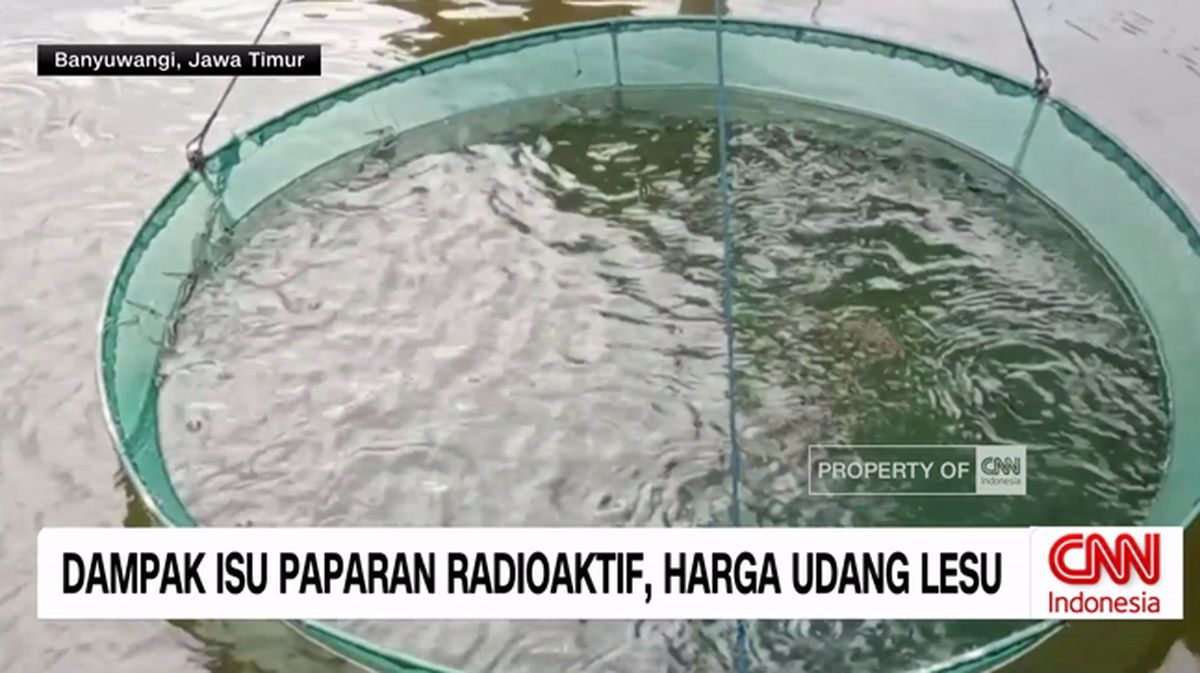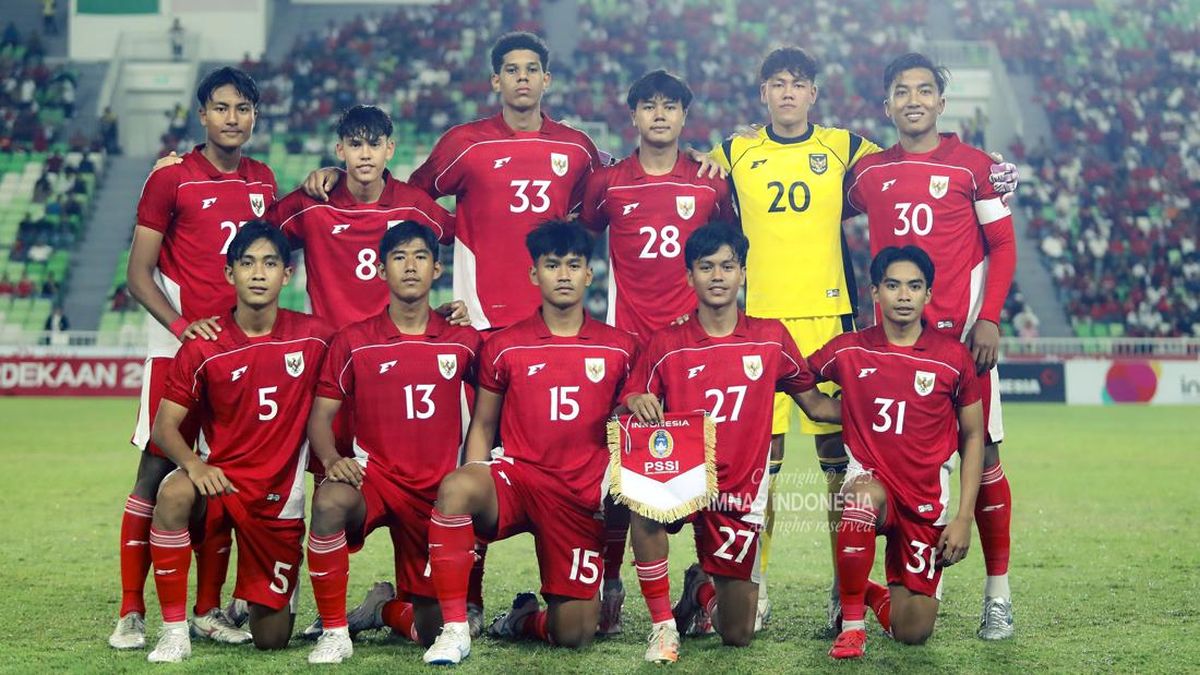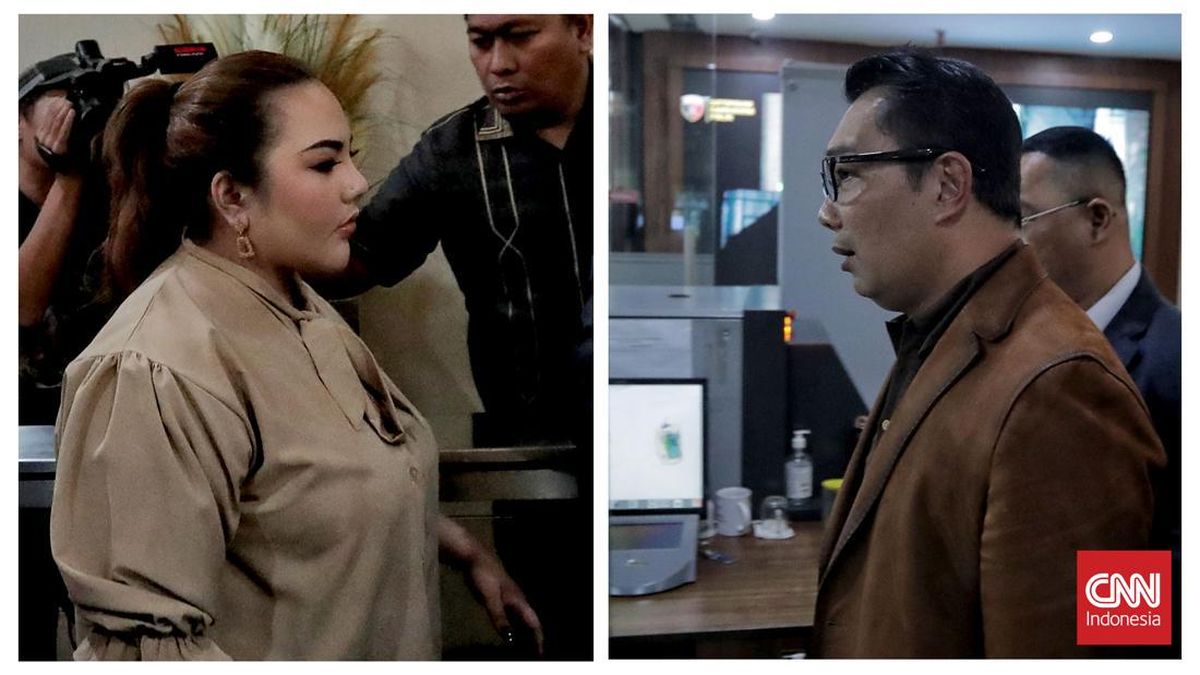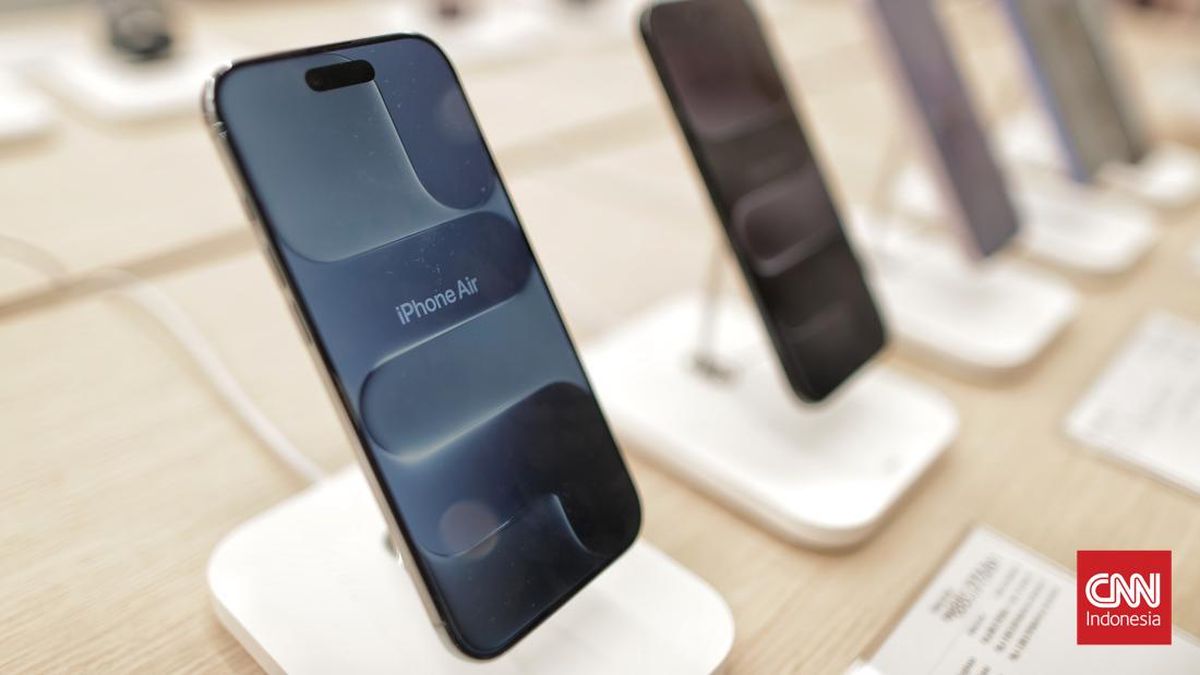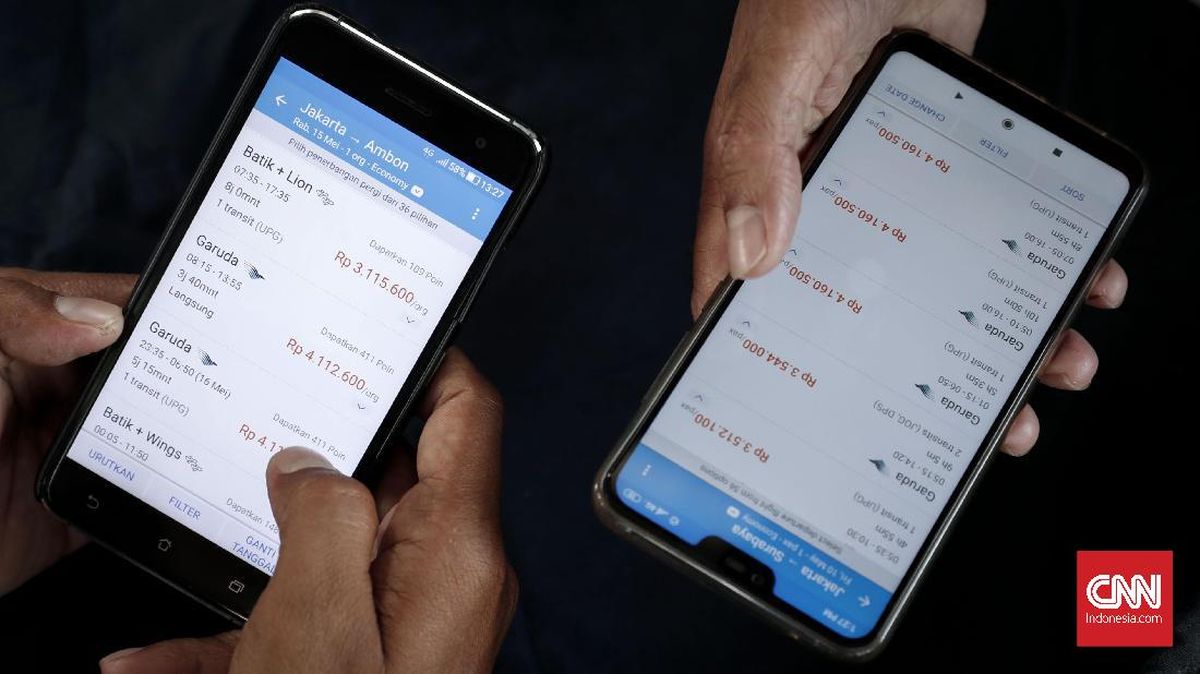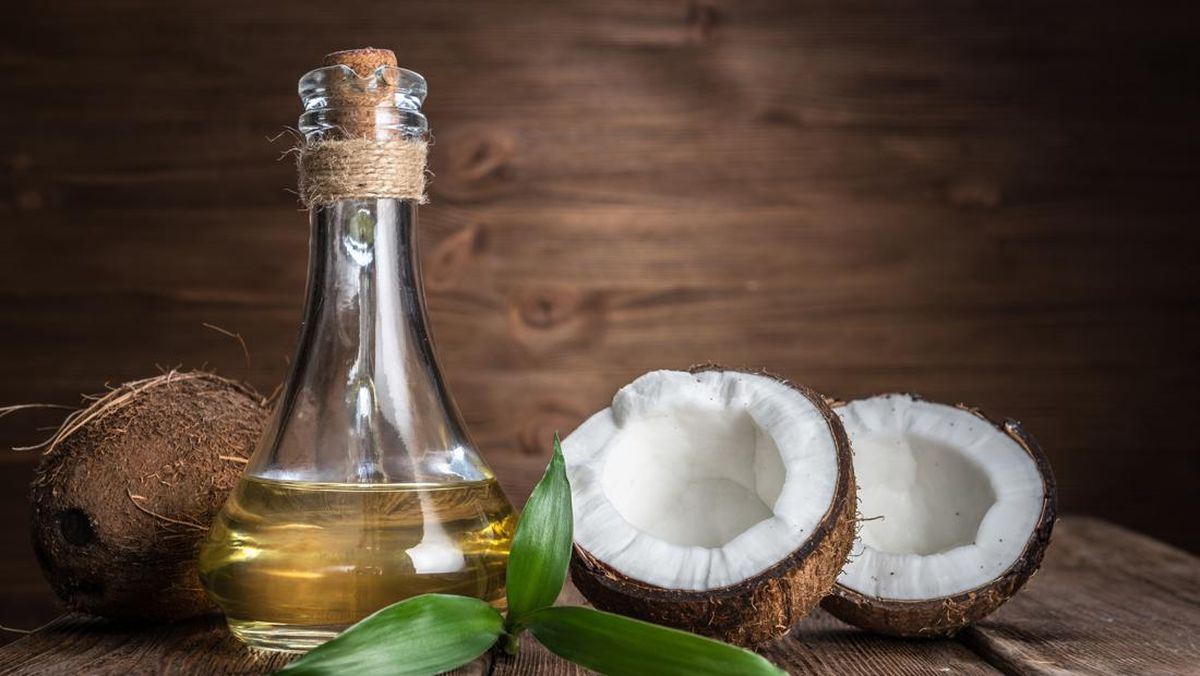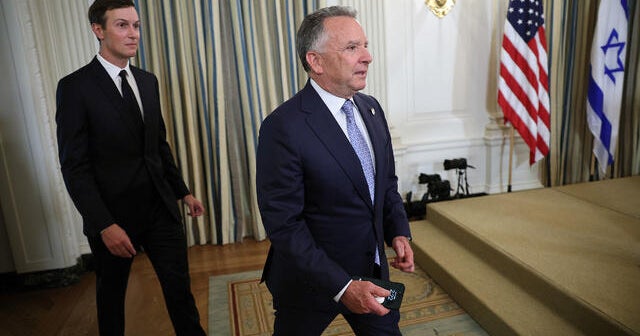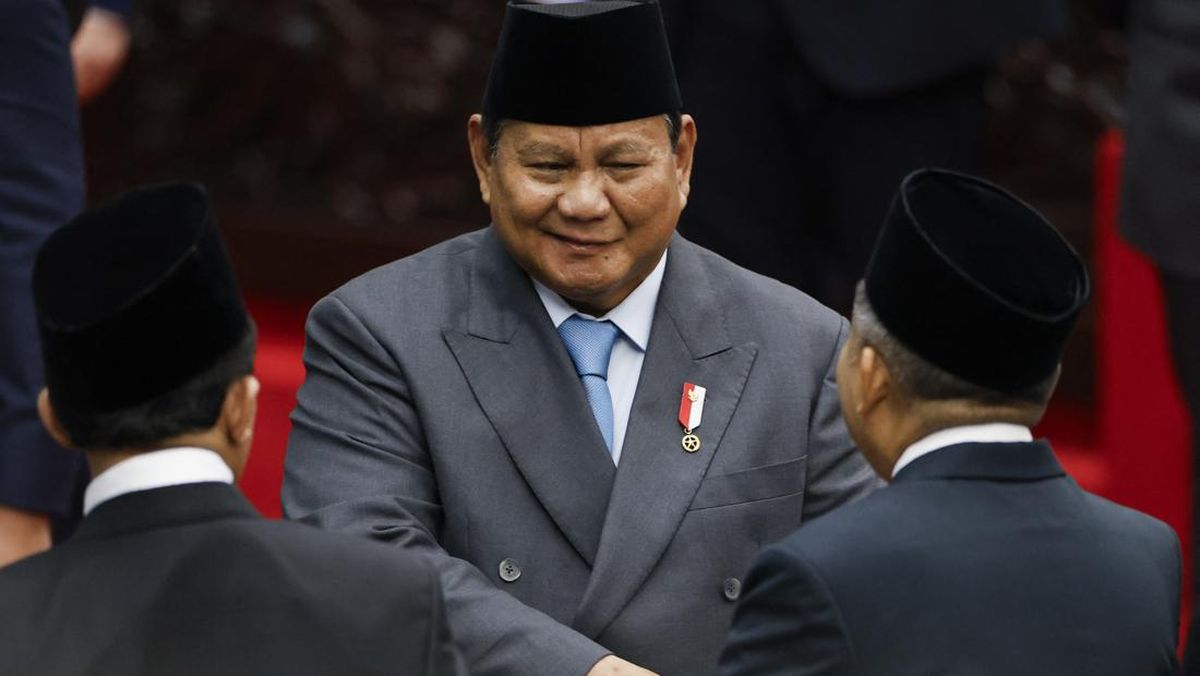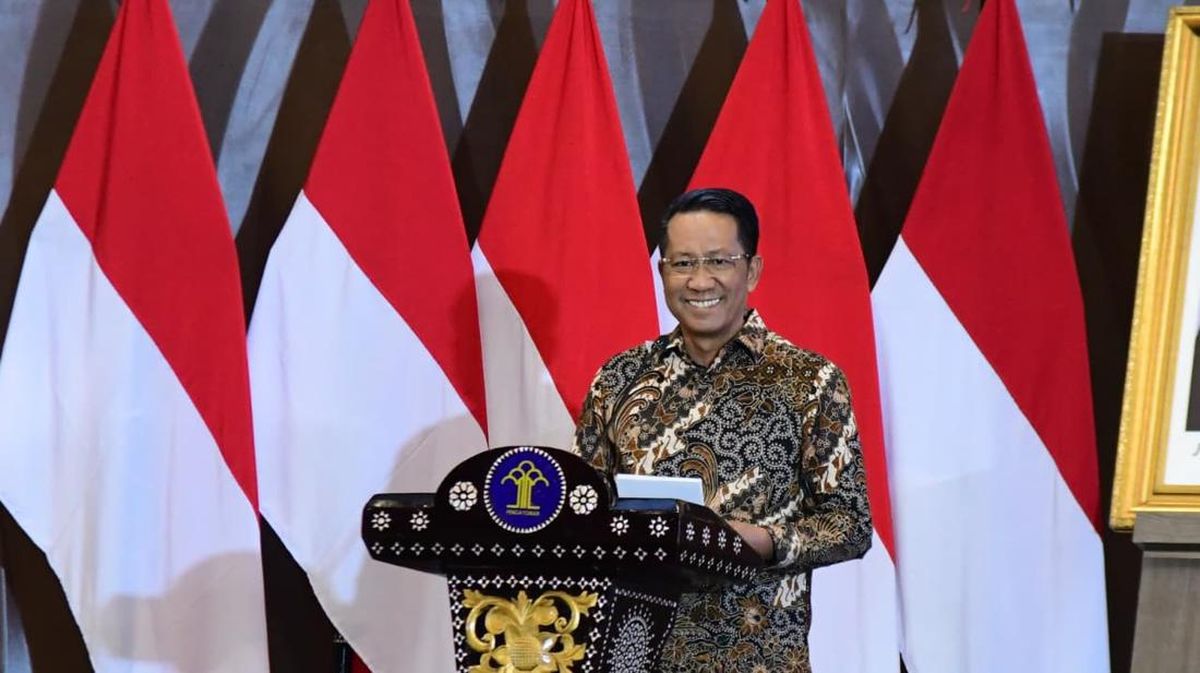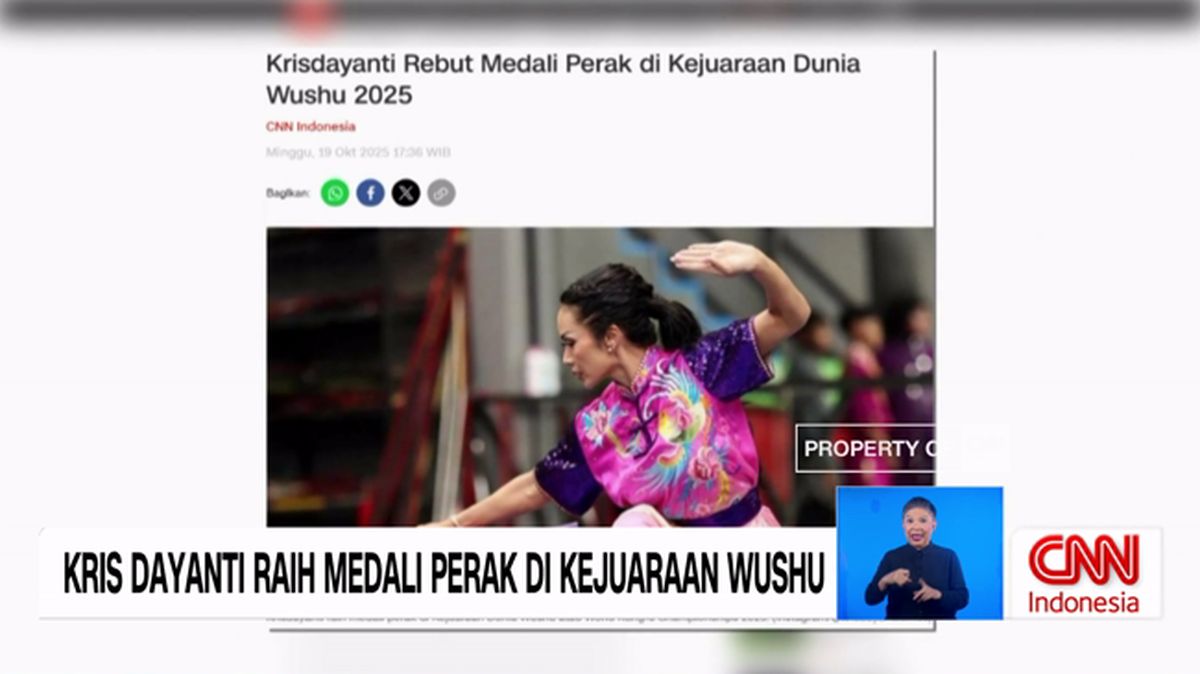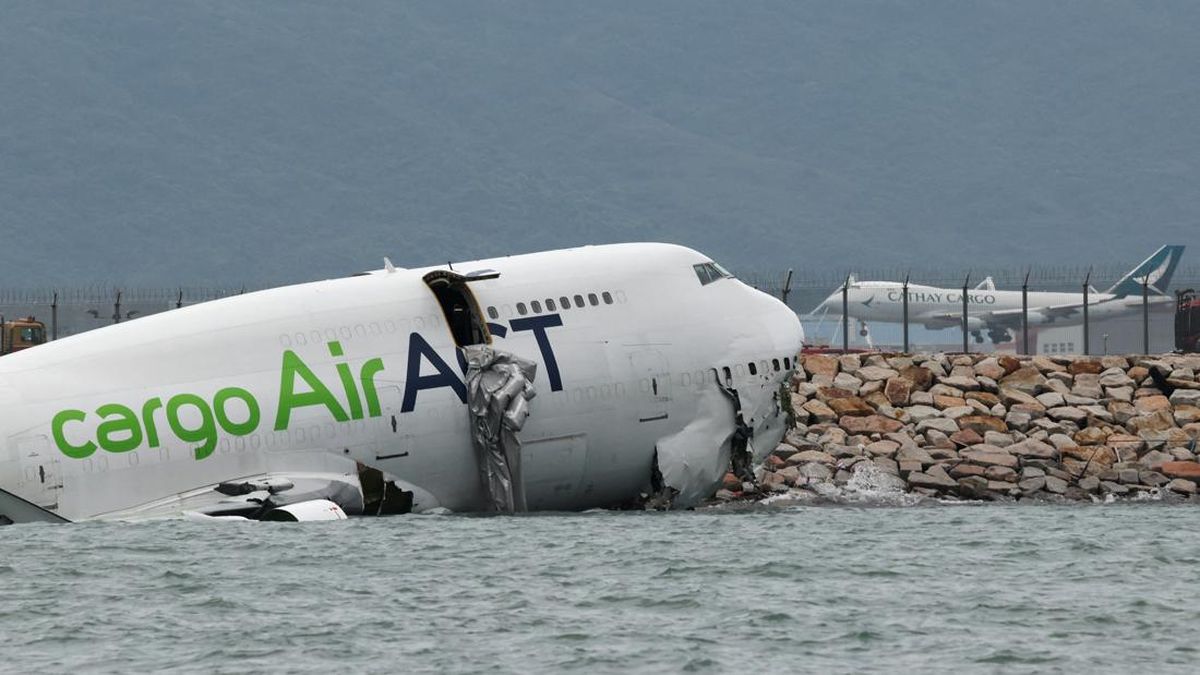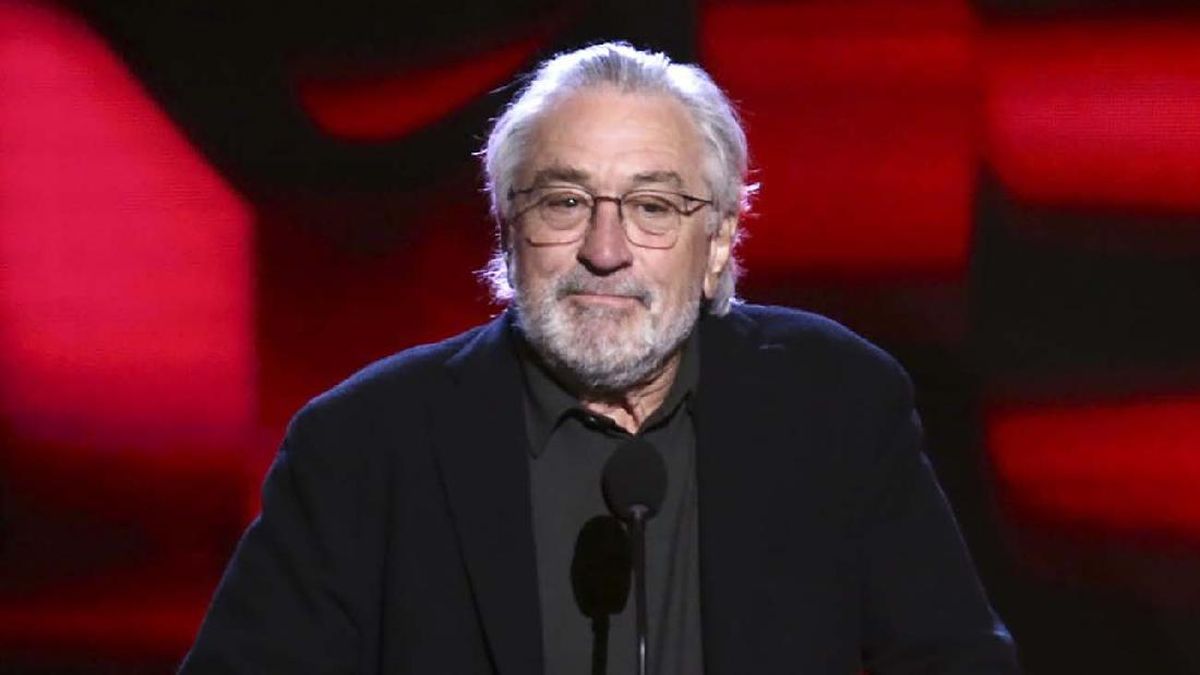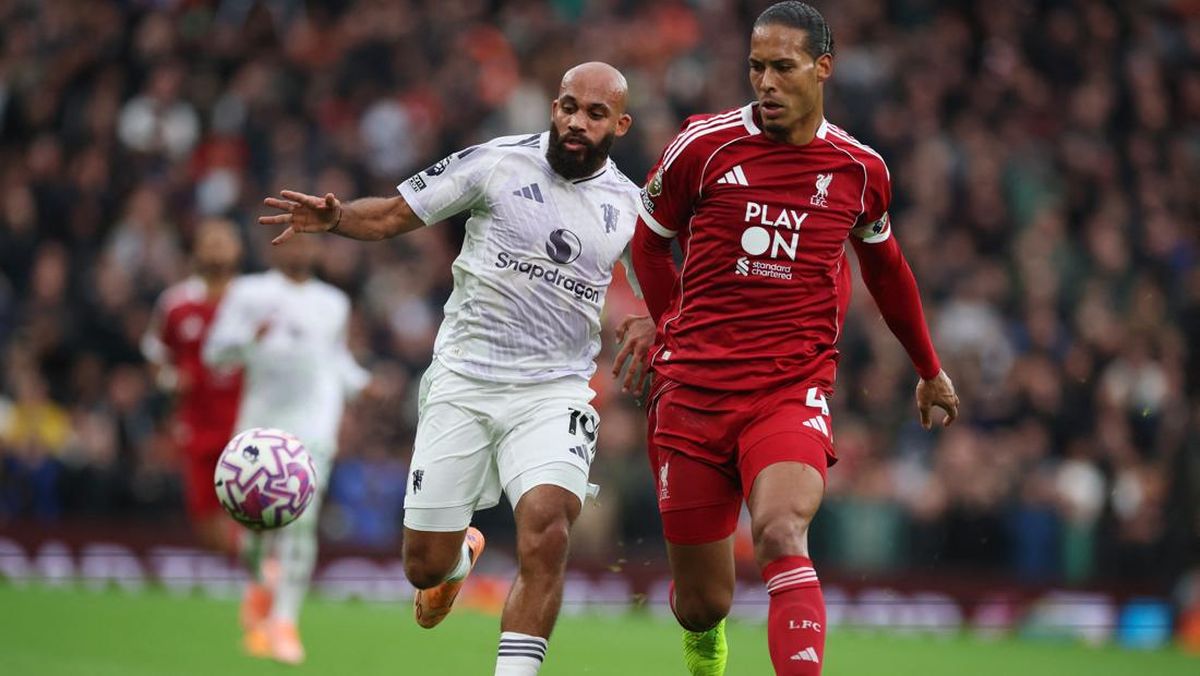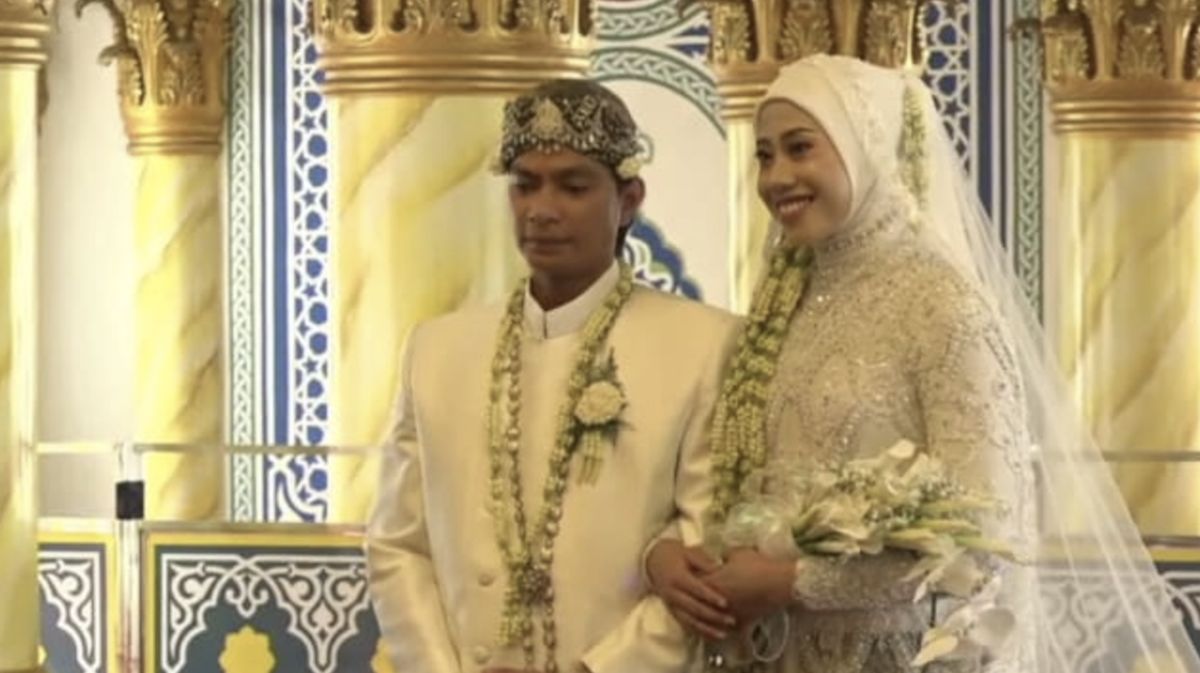Washington: The AUKUS submarine agreement is expected to survive the Trump administration’s review and Prime Minister Anthony Albanese will receive a warm welcome from US President Donald Trump, with the White House praising the pair’s “great relationship” ahead of Tuesday’s meeting.
It is expected that Trump will use the meeting to discuss regional efforts to combat Chinese economic coercion and military aggression, with administration officials last week challenging allies, including Australia, to help fight Beijing’s stranglehold on the global critical minerals supply chain.
A US official with knowledge of AUKUS and defence relationships, who is not authorised to speak publicly, said they did not anticipate any significant changes to the defence pact inked under former leaders Scott Morrison, the US’s Joe Biden and Britain’s Boris Johnson.

It is expected that Donald Trump, right, will use the meeting with Anthony Albanese to discuss regional efforts to combat Chinese economic coercion and military aggression.Credit: Dominic Lorrimer, AP
“Especially given what’s going on in China, we want our friends, like Australia, to have the resources they need to protect themselves. We need our allies,” the official told this masthead.
“It means that Australia has to be a priority. There has been no indication so far that we’d be looking to withdraw from [AUKUS]. Those are just not conversations that are happening.”
Loading
The official also noted: “The Australians have done a good job of ingratiating themselves with the president.”
In a statement to this masthead, the White House foreshadowed a warm and positive meeting between Trump and Albanese that would focus on the core interests of national and economic security.
“President Trump and Prime Minister Albanese have a great relationship, and they will discuss ways to enhance economic and defence co-operation between our two countries,” White House spokeswoman Anna Kelly said.
The rosy assessments would appear to back up a Washington Post report last month that said US Secretary of State Marco Rubio told Deputy Prime Minister Richard Marles that the AUKUS deal would continue despite the Pentagon’s “America First” review.
A report by Nikkei Asia last month also said the agreement, including the sale of at least three Virginia-class nuclear-powered submarines to Australia, had survived the review. But senior Pentagon official John Noh, the deputy assistant secretary of war for East Asia, later told the Senate the review was ongoing.
Pentagon officials could not be reached for comment on Sunday. The review has been led by undersecretary of defence for policy Elbridge Colby, a China hawk who believes in posturing US resources to focus on potential conflict in the Indo-Pacific, and who has expressed scepticism about AUKUS in the past.
Australian government figures have been increasingly confident the AUKUS review will not recommend major changes – although under the terms of the deal, the president of the day retains the ability to veto sales of the submarine if they determine the US needs them. Production of the Virginia-class boats is lagging at about 1.2 vessels a year, but needs to increase to at least 2.0 for the US to meet its commitments.
Australian ambassador to the US Kevin Rudd, who hosted an AUKUS industry summit at the embassy last week, said afterwards that the agreement was “powering ahead”.
Loading
Republican congressman Ryan Zinke, a former interior secretary in the first Trump administration, attended the summit and said the AUKUS pact was “breaking down bureaucracy and ensuring our closest allies, like Australia and the UK, get the tools they need to deter our adversaries”.
Albanese was due to arrive in Washington late on Sunday night (lunchtime Monday AEDT) and head to Blair House, the official residence for state visitors located across the road from the White House. He is due to meet Trump at the Oval Office at 11am Monday (2am Tuesday AEDT) for a bilateral meeting and lunch.
The following day, he will attend an event with the Friends of Australia Caucus in the US Congress, and then a lunch at the Australian embassy hosted by BHP to mark the mining giant’s 140th anniversary.
There, he will meet US Interior Secretary Doug Burgum, who is also director of the National Energy Dominance Council, and David Copley, a former mining executive who now looks after the Trump administration’s critical minerals supply chain push on the National Security Council.
Striking an agreement for the US to buy critical minerals from Australia is expected to be one of Albanese’s top priorities at the White House, with both countries of the view that China’s dominance of rare earths refinement and supply is bad for competition and economic security.
This masthead reported at the weekend that under the proposed deal, the US Department of War, previously the Department of Defence, would invest directly in Australian critical minerals projects to source the rare earths needed for American fighter jets.
Get a note directly from our foreign correspondents on what’s making headlines around the world. Sign up for our weekly What in the World newsletter.
Most Viewed in World
Loading

